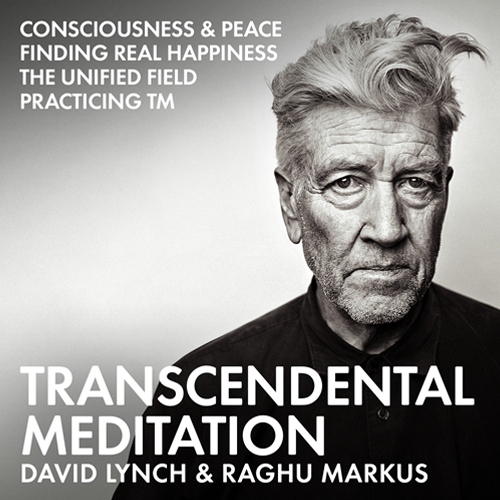EDWARD CARPENTER,
English poet and Gay pioneer, died (b: 1844); Edward Carpenter was a
pioneering socialist and radical prophet of a new age of fellowship in
which social relations would be transformed by a new spiritual
consciousness. The way he lived his life, perhaps even more than his
extensive writings, was the essence of his message.
It is perhaps not
surprising that his reputation faded quickly after his death, as he
lived much of his life modestly spreading his message by personal
contact and example rather than by major literary works or through a
national political career. He has been described as having that unusual
combination of qualities: charisma with modesty.
His ideas became
immensely influential during the early years of the Socialist movement
in Britain: perhaps Carpenter's most widely remembered legacy to the
Socialist and Co-operative movements was his anthem England Arise!
A leading figure
in late 19th and early 20th century Britain, he was instrumental in the
foundation of the Fabian Society and the Labor Party. A poet and writer,
he was a close friend of Walt Whitman and Rabindranath Tagore,
corresponding with many famous figures such as Isadora Duncan, Havelock
Ellis, Mahatma Ganghi, Jack London.William Morris and John Ruskin among
many others.
But it is his
writings on the subject of homosexuality and his open espousal of this
identity that makes him unique. If you are unfamiliar with Carpenter,
find him…read him. He is unquestionably one of the formative,
foundational Gay philosophers in the late 19th and early 20th century.
His influence was widespread at the time, and is no less innovative and
profound, today.
His important writings include:
-
- Towards Democracy (1883)
- England's Ideal (1887)
- Civilisation: Its Cause and Cure (1889; reissued 1920)
- Homogenic love and its place in a free society (1894)
- Love's Coming of Age (1896)
- Days with Walt Whitman (1906)
- Iolaus — anthology of friendship (editor, 1908)
- The Intermediate Sex: a Study of Some Transitional Types of Men and Women (1908)
- The Intermediate Types Among Primitive Folk (1914)
- My Days and Dreams (autobiography, 1916)
- Pagan & Christian Creeds: their origin and meaning (1920)
A strong advocate
of sexual freedom, living in a Gay community near Sheffield, he had a
profound influence on both D.H. Lawrence and E.M. Forster. On his return
from India in 1891, he met George Merrill, a working class man also
from Sheffield, and the two men struck up a relationship, eventually
moving in together in 1898. Merrill had been raised in the slums of
Sheffield and had no formal education.
Two men of
different classes living together as a couple was almost unheard of in
England in the 1890s, a fact made all the more extraordinary by the
hysteria about alternative sexualities generated by the Oscar Wilde
trial of 1895 and the Criminal Law Amendment Bill passed a decade
earlier "outlawing all forms of male homosexual contact". But their
relationship endured and they remained partners for the rest of their
lives. Their relationship not only defied Victorian sexual mores but
also the highly stratified British class system. Their partnership, in
many ways, reflected Carpenter's cherished conviction that same-sex love
had the power to subvert class boundaries.
It was his belief
that at sometime in the future, Gay people would be the cause of
radical social change in the social conditions of man. Carpenter remarks
in his work "The Intermediate Sex":
"Eros is a great
leveler. Perhaps the true Democracy rests, more firmly than anywhere
else, on a sentiment which easily passes the bounds of class and caste,
and unites in the closest affection the most estranged ranks of society.
It is noticeable how often Uranians of good position and breeding are
drawn to rougher types, as of manual workers, and frequently very
permanent alliances grow up in this way, which although not publicly
acknowledged have a decided influence on social institutions, customs
and political tendencies". p.114-115
(Note: The term “uranian", referring to a passage from Plato's Symposium,
was often used at the time to describe someone who would be termed
"Gay" nowadays. Carpenter is counted among the Uranians himself.)
|8|O|8|O|8|O|8|O|8|O|8|O|8|O|8|
Gay Wisdom for Daily Living from White Crane Institute
"With the
increasing commodification of gay news, views, and culture by powerful
corporate interests, having a strong independent voice in our community
is all the more important. White Crane is one of the last brave
standouts in this bland new world... a triumph over the looming
mediocrity of the mainstream Gay world." - Mark Thompson
Exploring Gay Wisdom & Culture since 1989!
www.whitecraneinstitute.org
|8|O|8|O|8|O|8|O|8|O|8|O|8|O|8|







